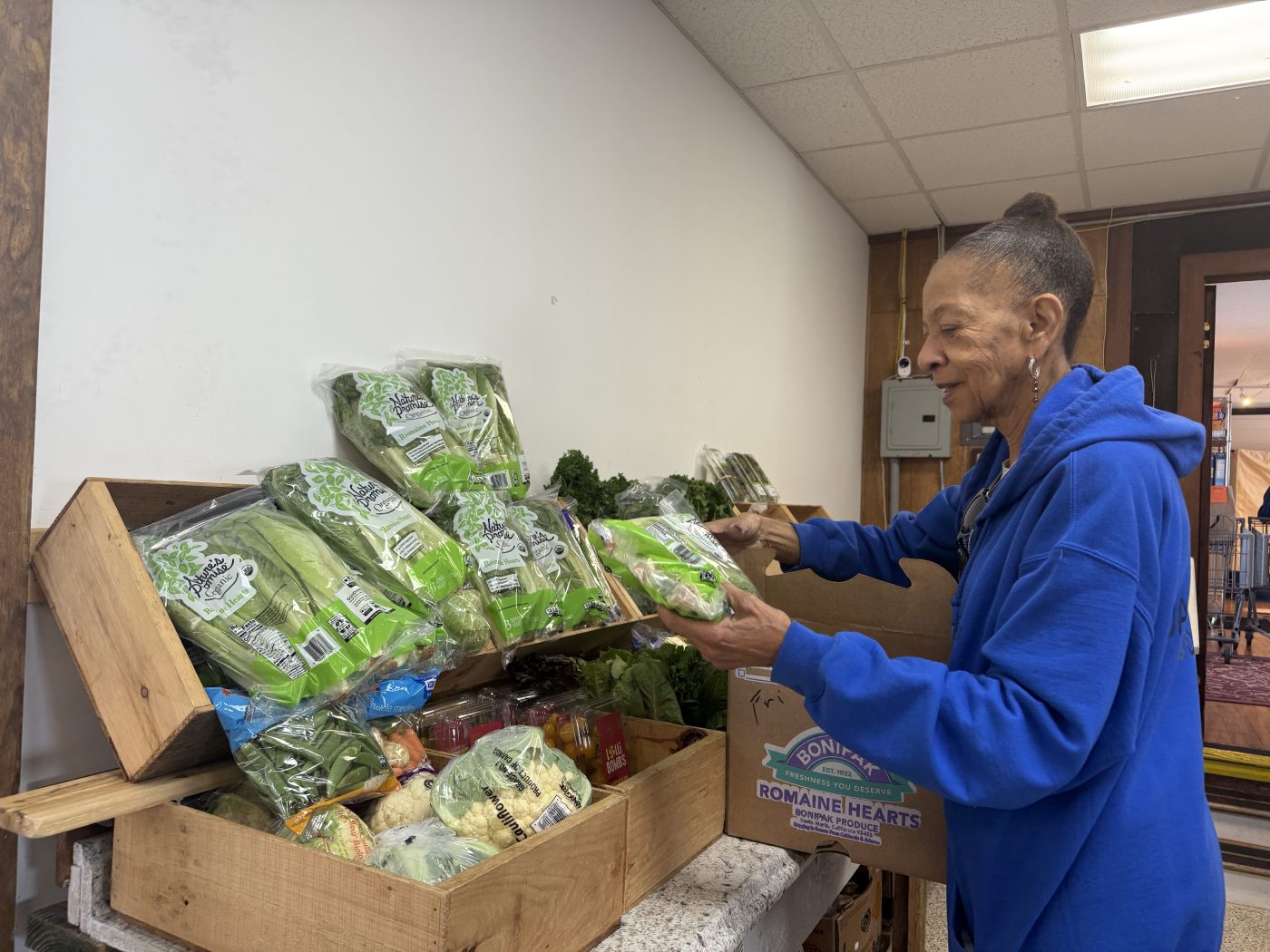In Accord, New York, rural food pantries are experiencing significant challenges as uncertainty looms over funding for the Supplemental Nutrition Assistance Program (SNAP). On Friday morning, long lines formed outside the Town of Rochester Food Pantry as local residents sought assistance following the suspension of their SNAP benefits amidst an ongoing government shutdown, the longest in U.S. history.
The pantry, which typically supports between 120 and 140 families monthly, has seen a sharp increase in demand since November. Marge Bonner, co-chair of the pantry, noted that the number of families served jumped from an average of 15 to 26 in just one day, a 66% increase that highlights the immediate impact of the funding crisis.
Impact of SNAP Funding Uncertainty
Bonner explained that the pantry previously received food supplies from the New York State Food Bank two times per month. Now, they have had to place an additional order for approximately 2,800 pounds of food to meet the rising demand. Many families in this primarily rural community rely heavily on the pantry, as public transportation is limited and grocery options are scarce.
During a visit from a local reporter, Bonner assisted patrons as they arrived, many of whom expressed their difficulties due to the loss of SNAP benefits. One mother of six shared her challenges, stating, “With SNAP, you get a certain amount per child… the ramifications of having six benefits taken off are significant.” In response to the growing need, the pantry planned to open its doors on Saturday to provide additional support.
SNAP benefits, which are provided monthly via debit cards for eligible low-income families, average around $187 per person. Many beneficiaries earn incomes at or below the poverty level. The current funding issues stem from a government shutdown that began in October when the Senate failed to pass a funding bill. Initially, the Trump administration agreed to partially fund the SNAP program through November but was later ordered by a federal judge to ensure full funding.
On November 7, the Supreme Court intervened, blocking the lower court’s order. In response to the crisis, New York Governor Kathy Hochul committed to fully funding the program through state agencies, with some residents expected to receive their benefits by Sunday. However, uncertainty remains regarding when all of Ulster County’s 7,091 households will receive their full November payouts.
Community Response and Support
Before the funding lapse, Ulster County Executive Jen Metzger allocated nearly $350,000 to support the county’s three largest food pantries. However, smaller pantries, particularly those in rural areas, rely more heavily on local community support. Many of these facilities operate out of religious institutions, such as the Phoenicia United Methodist Church, which serves isolated communities in the Catskill Mountains.
Jane Todd, director of the Phoenicia food pantry, reported a 20 to 30% increase in visitors over the last two weeks. Many families travel from distant locations, making access to food particularly challenging. “It’s pretty hard to live here with no transportation,” Todd commented, noting that volunteers often deliver food to remote areas.
Support from the community has been encouraging, as residents actively inquire about needs and offer assistance. “The whole town was just like, ‘What do we do? What do they need?’” said Ralph Merante, pastor of the church. This spirit of cooperation extends to other food pantries in the county, such as the Wallkill Loaves and Fishes Food Pantry, which also reported an increase in demand due to the SNAP funding uncertainty.
Located outside the Wallkill Reformed Church, the pantry serves residents from a wide area, including rural communities in Shawangunk, Gardiner, and Plattekill. Director Judith Meier reported an influx of visitors, with the pantry serving over 51 families in one evening, a significant rise from the usual numbers.
As the community rallies to support those in need, food pantries across Ulster County are working tirelessly to address the challenges posed by funding uncertainties. Volunteers continue to play a crucial role in sustaining vital services, ensuring that families have access to the food they need during these difficult times.




































































